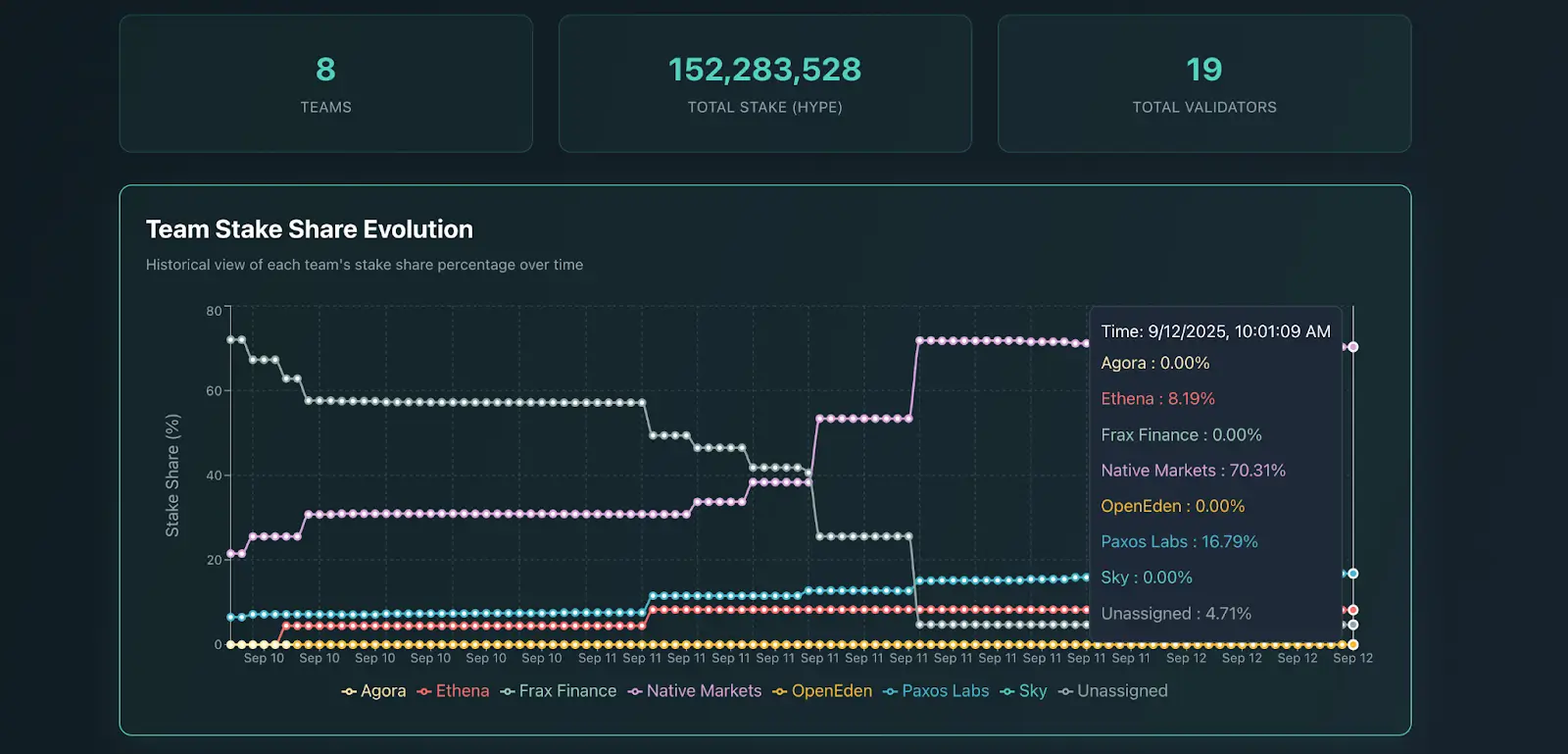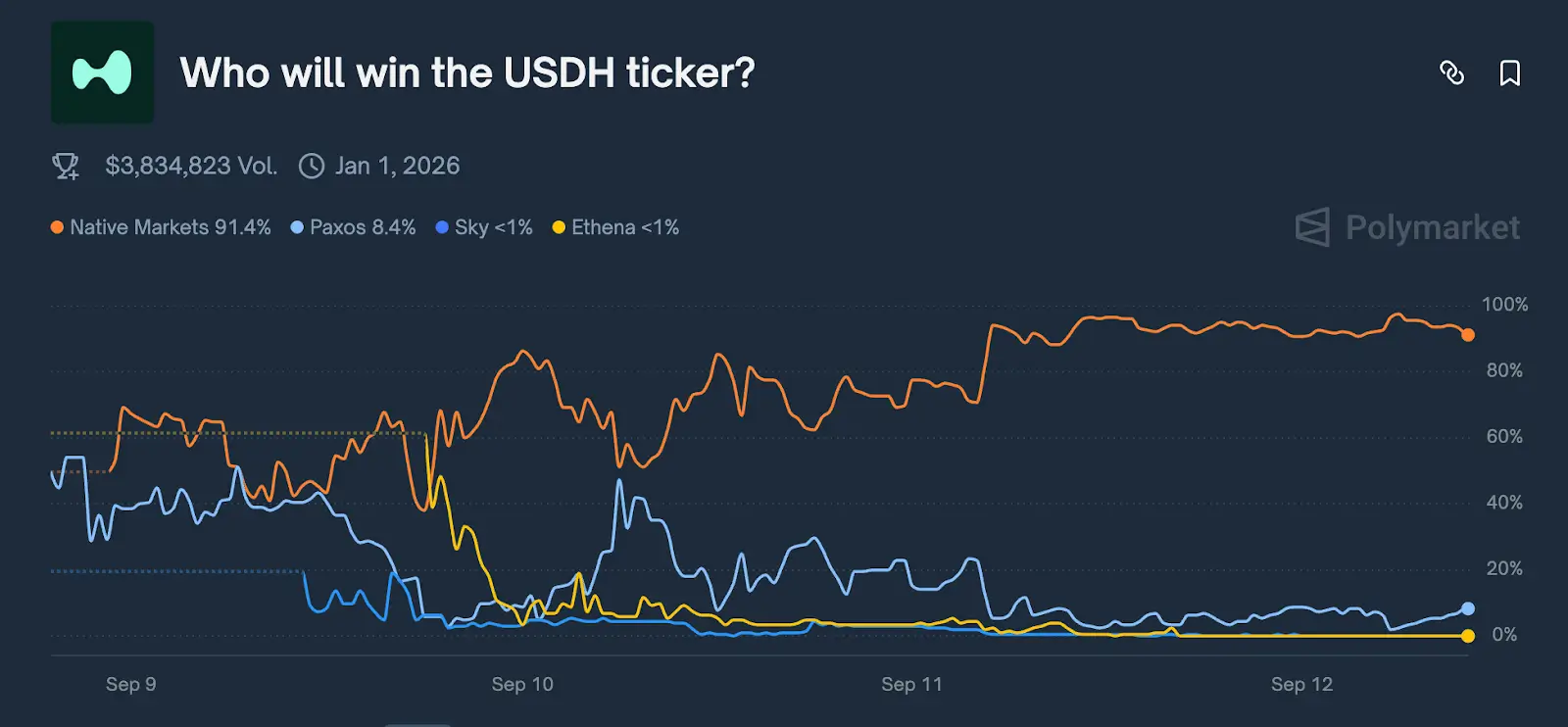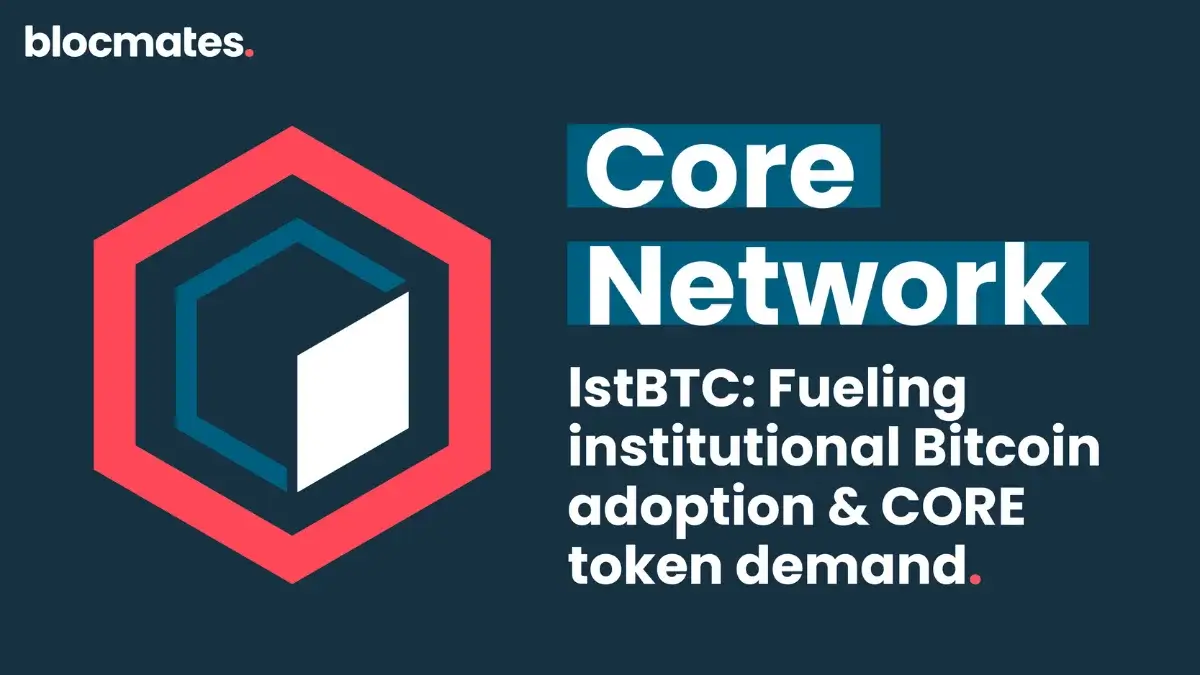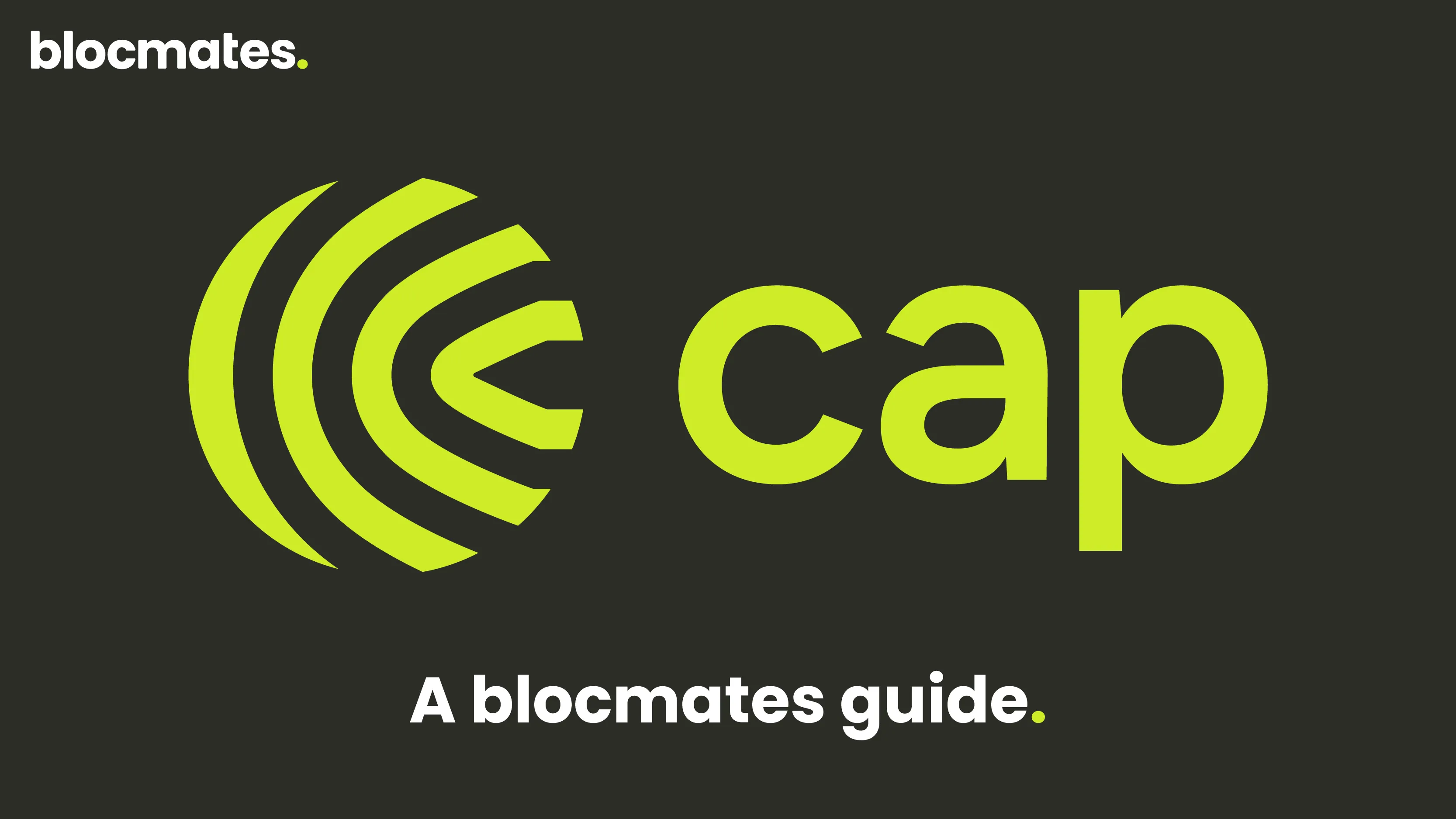Hyperliquid, one of the largest decentralized perpetuals exchanges, is entering a pivotal moment as it prepares to select the issuer of its long-awaited USDH stablecoin.
With billions of dollars in USDC currently sitting on the platform and generating yield for external issuers, the launch of USDH is seen as a way to redirect that value back into the Hyperliquid ecosystem.
Proposals have now closed, validators have already signaled preferences, and the final on-chain vote is set to take place on September 14.
Why USDH matters
Hyperliquid has cemented itself as a major force in decentralized finance, capturing around 70% of the perpetuals market and regularly surpassing $300 billion in monthly trading volumes.
But the exchange’s reliance on USDC has left it channeling significant interest income to Circle, without capturing that yield internally. USDH is designed to change this dynamic by becoming Hyperliquid’s native “house dollar.”
The stablecoin, pegged to the U.S. dollar and backed by treasuries or equivalent assets, promises to integrate seamlessly into Hyperliquid’s infrastructure.
That includes lowering fees on trading pairs by as much as 80%, increasing liquidity, and channeling nearly all reserve-generated yield back into the ecosystem. This would occur through HYPE token buybacks, staking incentives, and other ecosystem programs.
The process to decide who will issue USDH began with a request for proposals on September 5. Multiple issuers and consortiums submitted bids by September 10.
On September 11, validators signaled their support, offering the community an early snapshot of potential outcomes ahead of the official vote.
Hyperliquid’s governance model allows HYPE stakers to delegate to validators, reinforcing the community-driven nature of the decision.
The current front-runners
As of September 12, one name stands well ahead of the pack: Native Markets. Led by long-time Hyperliquid advocate Max Fiege, the group currently commands around 70% of validator stake, boosted by backing from large delegations such as Nansen and HypurrCollective.

Their proposal emphasizes revenue-sharing mechanisms and ecosystem alignment, with half of the stablecoin’s proceeds earmarked for HYPE buybacks and community funds. Polymarket odds reflect this dominance, giving Native Markets a more than 90% chance of winning.

Other bids remain in the running, though with significantly less validator support. Paxos, known for its regulatory focus and previous partnerships with PayPal and Venmo, controls about 16% of validator stake.
Paxos recently updated its proposal (labeled V2) to include additional incentives and global issuance plans, alongside a revenue model capped at 5%.
Agora, Frax, and Sky (formerly MakerDAO) also submitted proposals, though they collectively represent less than 10% of validator weight at this stage.
Ethena Labs, which initially entered the process with a substantial incentive plan, has since withdrawn its bid following community pushback about its broader non-native operations.
The decision now rests with the community as the September 14 vote approaches.
While Native Markets appears to have secured a commanding lead, unassigned validator stake could still shift the dynamics if redelegated. The outcome will shape not only how USDH is issued but also how much of the ecosystem’s future yield flows back into Hyperliquid participants.
Looking ahead: what to expect
The winning proposal is expected to be implemented quickly, with USDC pairs gradually migrating to USDH once the token goes live.
A successful rollout could mark a turning point for Hyperliquid, with billions in reserves potentially redirected toward its HYPE token economy.
It is also possible that the model of competitive stablecoin bidding could serve as a blueprint for other DeFi protocols seeking to balance alignment, incentives, and regulatory credibility.
With the final vote just days away, attention across the crypto community is squarely on Hyperliquid. As Syncracy Capital’s Ryan Watkins recently put it, the real question is not whether USDH will succeed, but who will best "steward" it.
By Sunday, the answer should be clear.

























.webp)

.webp)
.webp)

%20(1).webp)



























































%202.webp)


.webp)

.webp)
.webp)
.webp)



.webp)







.webp)
.webp)

.webp)
.webp)
.webp)


.webp)
.webp)










.webp)


.webp)









.webp)







.webp)




.webp)

























.webp)







.webp)















.webp)

.webp)
.webp)

.webp)














.webp)

.webp)


.webp)








.webp)




